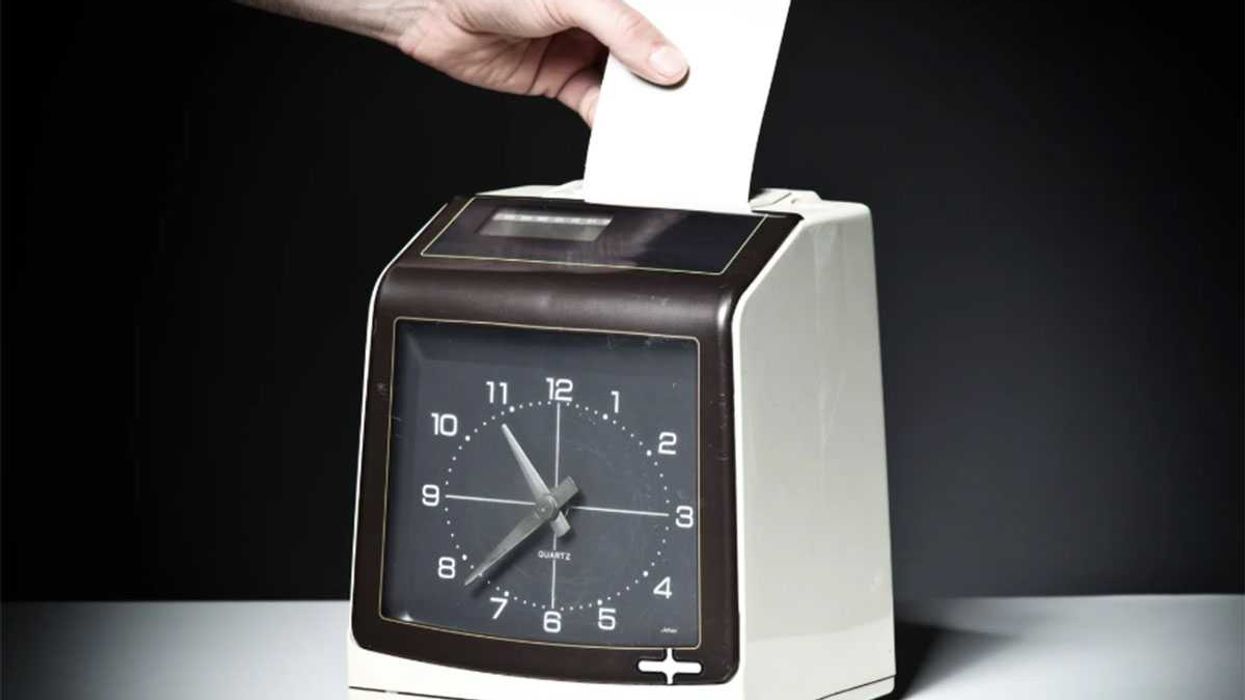Psychology researchers have found a link between mental time travel and depression. Mental time travel refers to our ability to ruminate on events from our past and imagine future experiences. People who have a greater connection to their brain’s default-mode network (DMN) tend to ruminate on their past more frequently, a behavior associated with depression. But new research involving psychedelic drugs may hold the key to helping people with depression by inhibiting connection to their brain’s DMN.
Researchers have recently discovered that psychedelic drugs decrease DMN activity. This gives users the experience of living in the moment, instead of being stuck in the past or worried about the future. It also works toward diminishing the effects of the ego and increasing a feeling of interconnectedness to others and the environment. This led researchers to conduct a study where they gave volunteers doses of lysergic acid diethylamide or a placebo, and analyzed their conversations. While speaking with the volunteers, researchers noted whether the LSD increased or decreased their mental time travel.
The results of the study were encouraging. “Those who had received LSD used far fewer references to the past than those who received the placebo, suggesting a decrease in mental time travel and an experiential focus on the present,” IFL Science reported. The study also showed that LSD was effective in dampening the volunteers’ DMN connectivity. Although researchers are not sure if repeated LSD exposure can reduce DMN connectivity long-term, this improved understanding of the psychedelic’s effect on neural circuitry may open up new avenues for researchers to combat depression.
















 Otis knew before they did.
Otis knew before they did.